Discussing at the National Assembly on the morning of May 29, delegate Hoang Ngoc Dinh (National Assembly Delegation of Ha Giang province) emphasized the positive contributions of the Army in the prevention and control of the Covid-19 epidemic and raised an important lesson that it is necessary to proactively allocate resources for epidemic prevention and control.
On the morning of May 29, continuing the program of the 5th Session, the National Assembly listened to the Report of the Supervisory Delegation on the mobilization, management and use of resources for the prevention and control of the Covid-19 epidemic; the implementation of policies and laws on grassroots health care, preventive medicine and discussed this content in the hall. The session was chaired by National Assembly Chairman Vuong Dinh Hue, directed by National Assembly Vice Chairman Nguyen Khac Dinh.
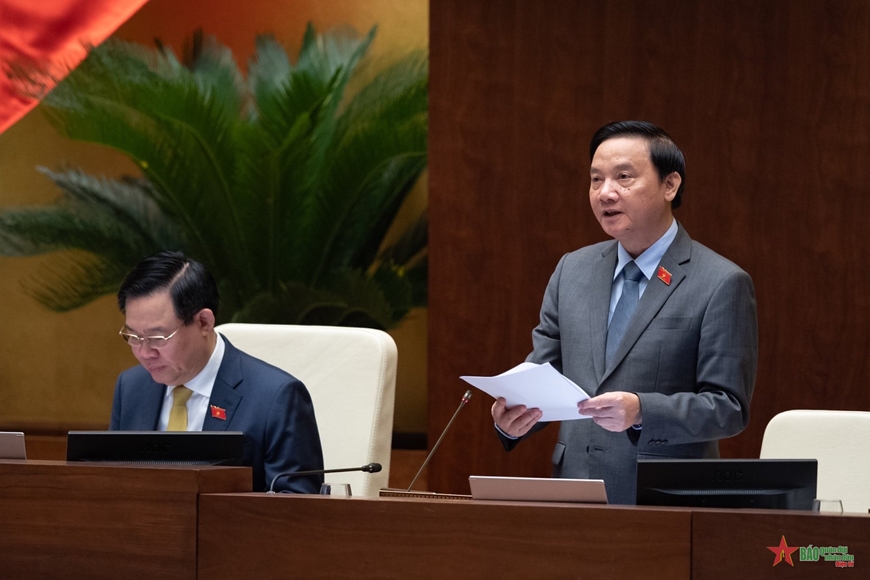 |
Vice Chairman of the National Assembly Nguyen Khac Dinh chaired the discussion on the mobilization, management and use of resources to prevent and combat the Covid-19 pandemic. |
The Army Does Things It Never Did Before
According to delegate Hoang Ngoc Dinh (National Assembly Delegation of Ha Giang province), as one of the core forces participating in epidemic prevention and control, from the beginning, the Central Military Commission and the Ministry of National Defense have resolutely directed agencies and units to promptly mobilize forces to participate in the work of preventing and controlling the Covid-19 epidemic. Specifically, more than 192,000 officers and soldiers with professional qualifications have been mobilized to meet the requirements of epidemic prevention and control practices to support localities in effectively implementing epidemic prevention and control solutions, contributing to effective control of the epidemic.
The Army has participated in the prevention and control of the epidemic with many different tasks, such as medical examination and treatment, vaccination, quarantine of citizens entering the country, and actively participating in ensuring social security. There are tasks that the army has never done before, but has organized and completed well, very well, such as burial, transporting corpses, ashes of Covid victims...
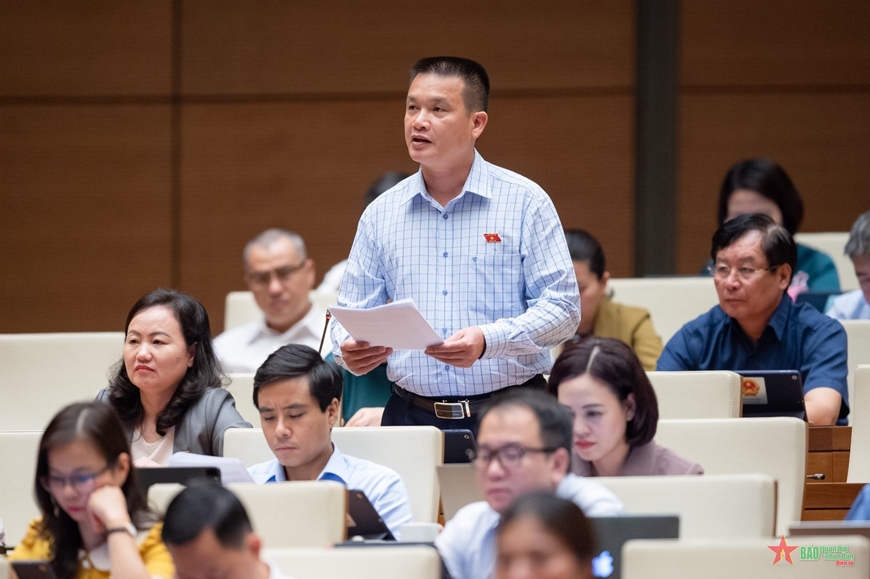 |
| Delegate Hoang Ngoc Dinh spoke. |
The military, directly the Border Guard, has also coordinated with local authorities and closely coordinated with relevant functional forces to control the land and sea borders well, thoroughly prevent illegal entry and exit, prevent diseases from entering through the border and bad elements from taking advantage to organize sabotage activities, firmly protect the national border sovereignty, regularly maintain about 20,000 teams and posts at border gates, trails, and openings with about 13,000 Border Guard officers and soldiers directly participating.
Four lessons learned in mobilizing and utilizing resources
In addition to the results achieved as stated in the report, delegate Hoang Ngoc Dinh said that there are still many limitations and that is also a lesson learned in responding to situations similar to the recent Covid-19 pandemic.
Firstly, it requires synchronization and unity in mobilizing and dispatching human resources, including private forces, assigning the right tasks to the right people, the right jobs so that each individual participating in epidemic prevention and control can promote their capacity and strengths, limit their weaknesses and participate in epidemic prevention and control most effectively.
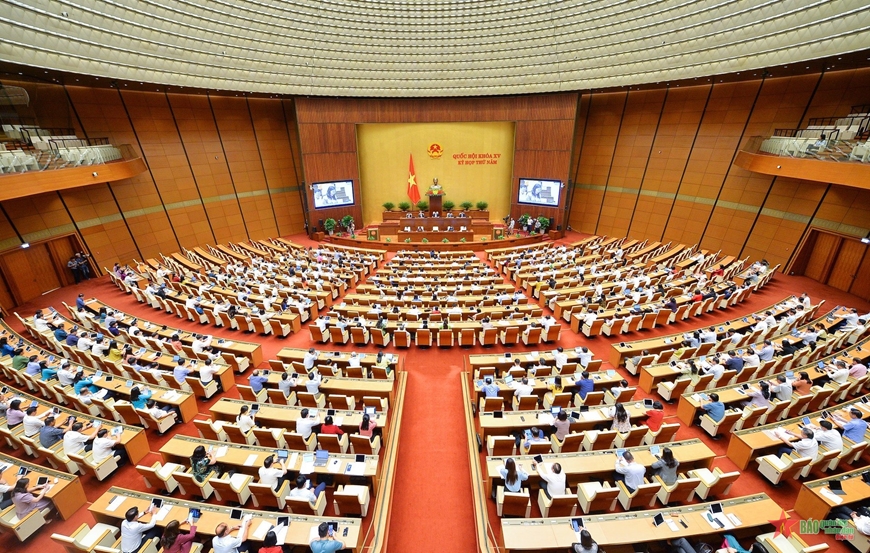 |
| Session view. |
Second, the regime and policies for the forces participating in epidemic prevention and control, especially the frontline, are still slow and incomplete as the monitoring report has shown.
Third, there have been many outstanding examples in the fight against the epidemic. The Prime Minister and the People's Committees of provinces and cities have promptly commended individuals and organizations. However, delegates suggested that the Government and localities continue to review and honor collectives and individuals with outstanding achievements in participating in the fight against the epidemic.
Fourth, the National Assembly is discussing and the Civil Defense Law will be passed at this session with many regulations related to the mobilization, management, and use of resources for civil defense, including regulations on the establishment of the Civil Defense Fund. "This is a very appropriate regulation, especially in the context that our country has just experienced an unprecedented pandemic in history, with many lessons learned in responding to urgent epidemic situations, disasters, natural disasters, and wars, including lessons on proactive resource mobilization," said delegate Hoang Ngoc Dinh.
Ensuring fairness among forces participating in epidemic prevention and control
Delegate Hoang Ngoc Dinh especially emphasized the regime and policies for indirect forces participating in epidemic prevention and control. During the most difficult times of the epidemic outbreaks, as well as the medical forces directly on the front lines, the staff in indirect units also actively participated in the work of preventing and controlling the Covid-19 epidemic.
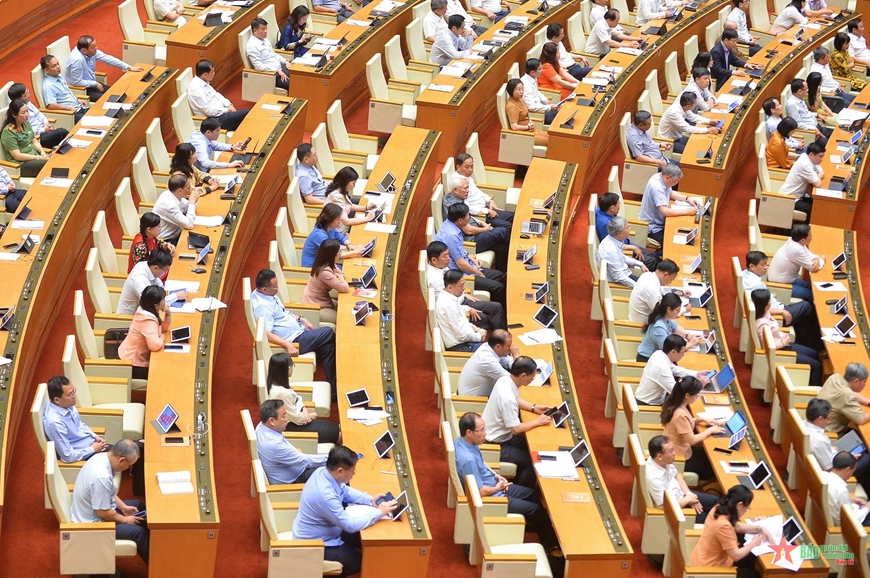 |
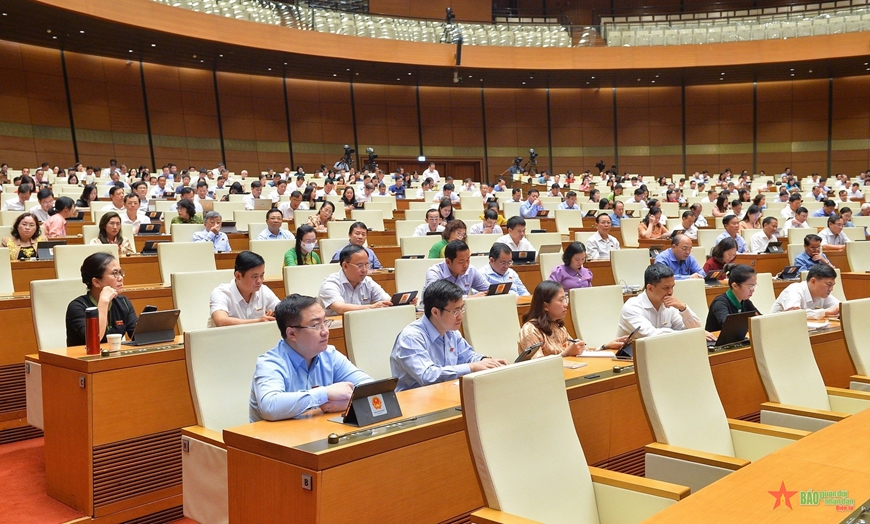 |
| Delegates at the meeting. |
The delegate gave an example of the driver department that carries people for tracing, media reporters to epidemic areas, medical quarantine areas to focus on investigation and tracing. The finance, accounting, and business planning department directly collects testing fees at the unit and quarantine areas. The administrative organization department mobilizes human resources and vehicles to participate in epidemic prevention and control, serving logistics work. The communication and health education department daily updates propaganda information serving epidemic prevention and control according to the direction of the Government, the Ministry of Health, People's Committees at all levels and health agencies at all levels to the villages.
“The above departments work day and night, regardless of holidays, and are also regularly and directly exposed to environments with high risks of infection, to best ensure logistics for the frontline forces against the epidemic, contributing to the success in the work of preventing and fighting the Covid-19 epidemic,” said delegate Hoang Ngoc Dinh.
Recently, the Government issued Decree No. 05/2023/ND-CP dated February 15, 2023 on supplementing and increasing the level of preferential allowances for preventive health workers and grassroots health workers to 100%. The decree only mentions the number of staff working regularly and directly, with no support policies for indirect subjects.
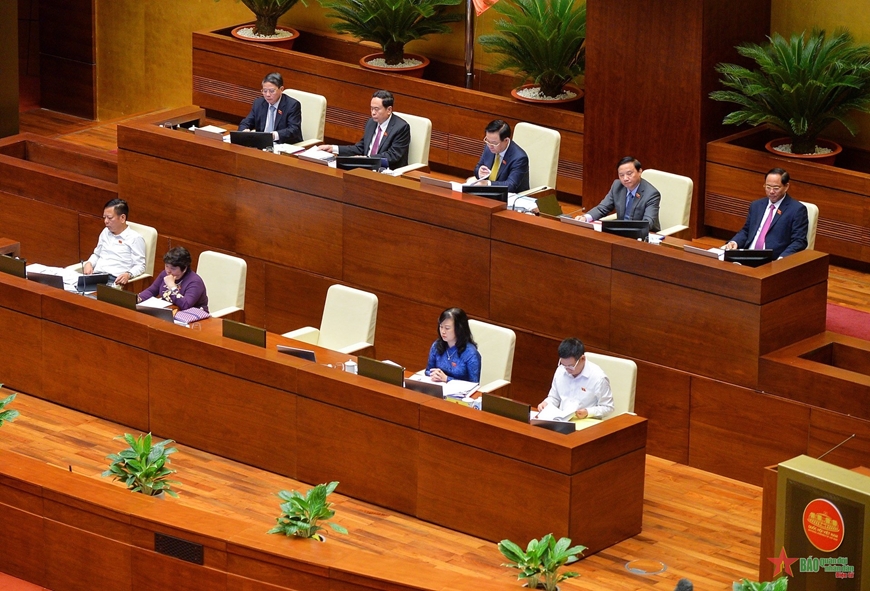 |
| Comrades chair and secretary of the meeting. |
Emphasizing this, the delegate said that in order to ensure the rights, motivate indirect workers and ensure fairness among forces participating in the work of epidemic prevention and control in general and the work of Covid-19 epidemic prevention and control in particular, the Government, the National Assembly, relevant agencies and organizations need to consider, supplement policies and increase the level of preferential occupational allowances for drivers, administrators, accountants and other staff in the preventive health system...
WIN
Source





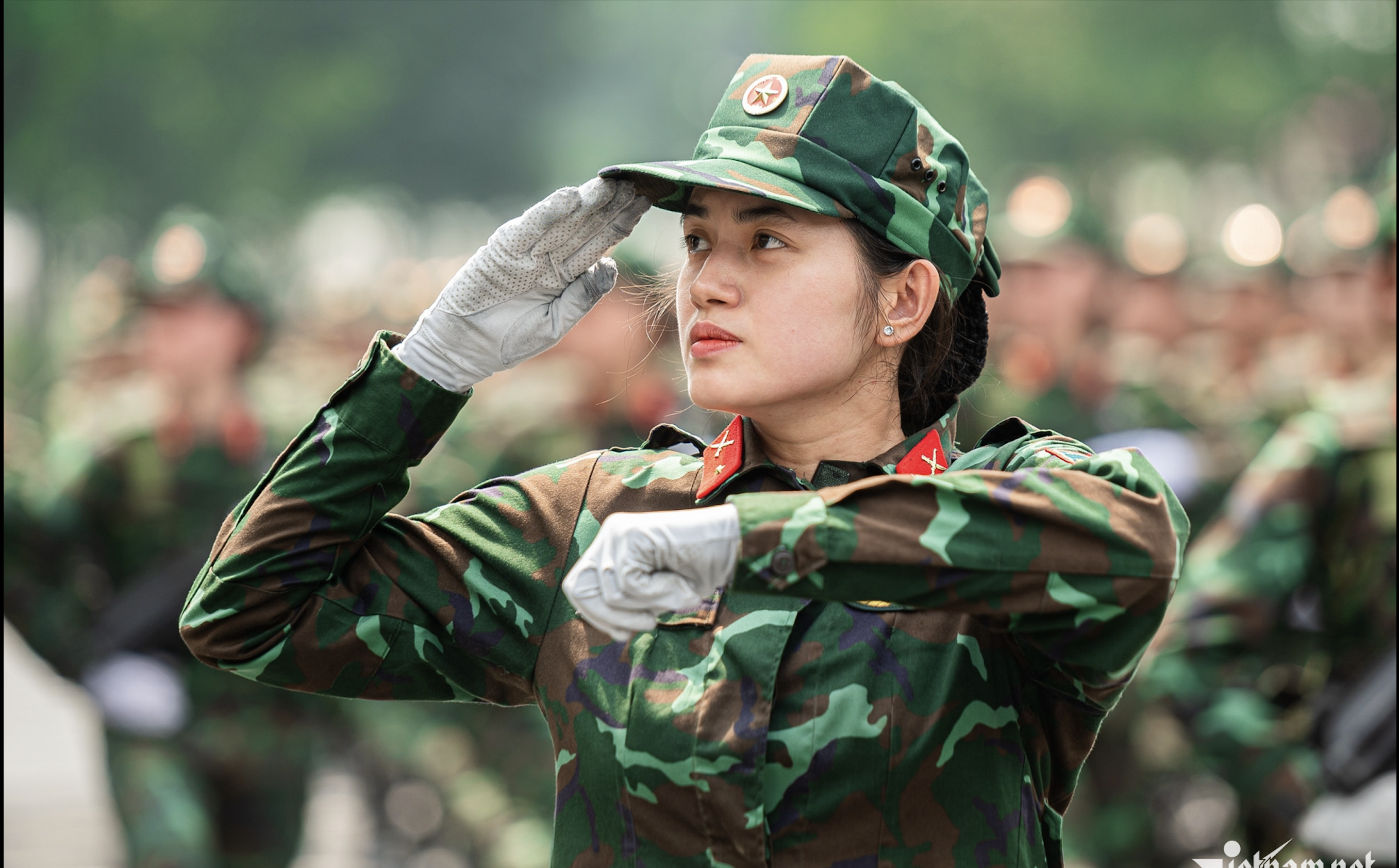


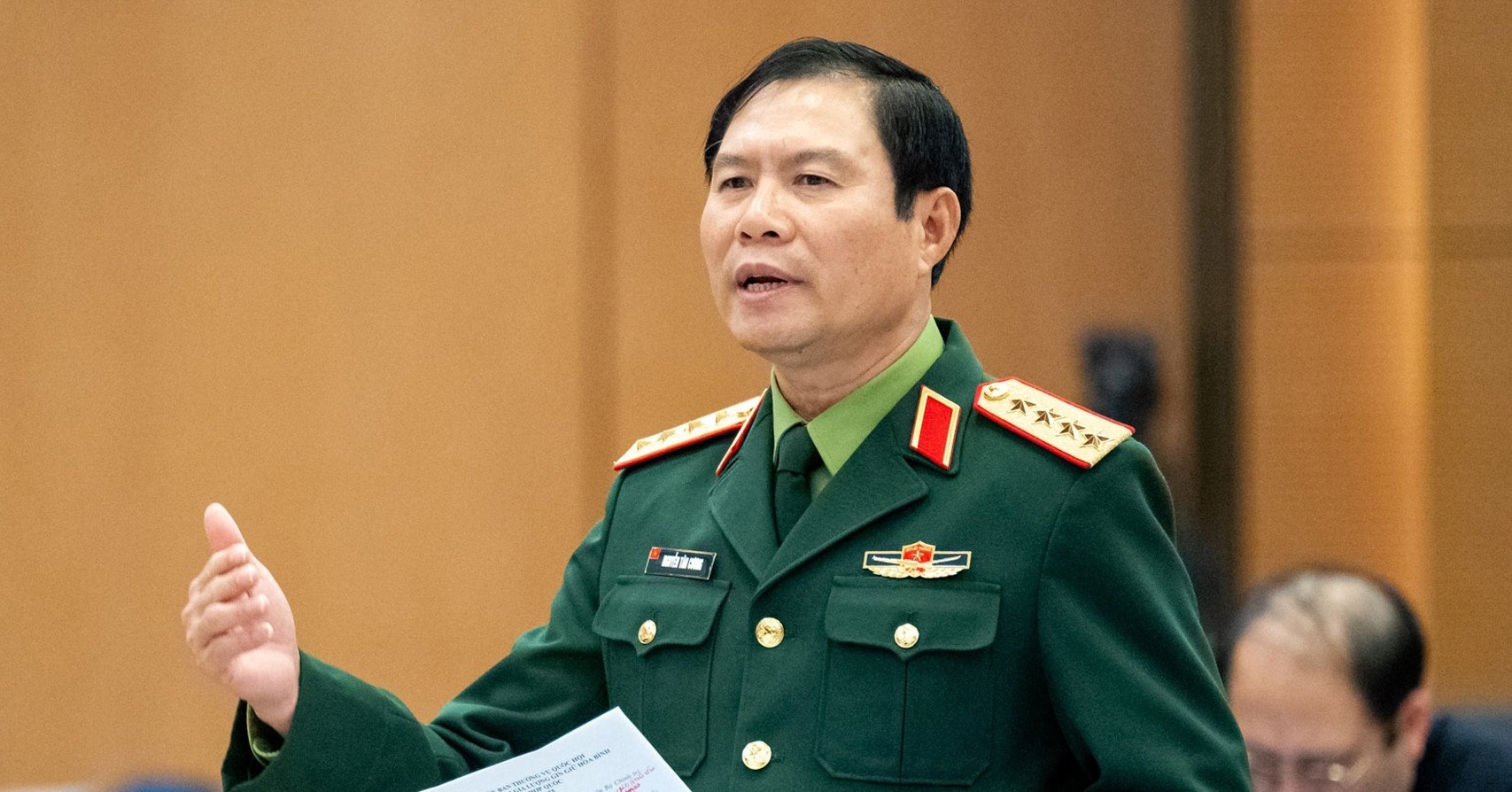

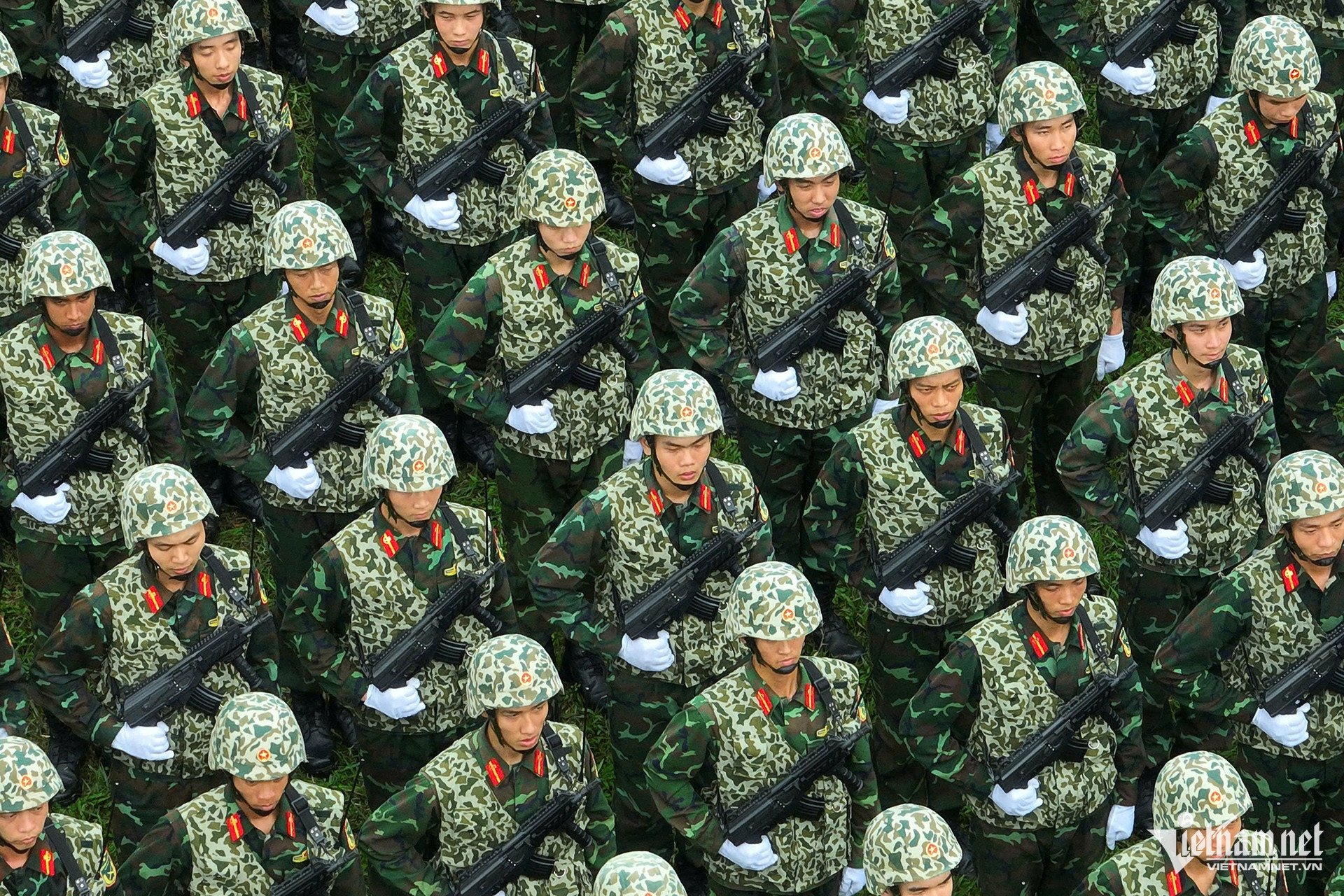


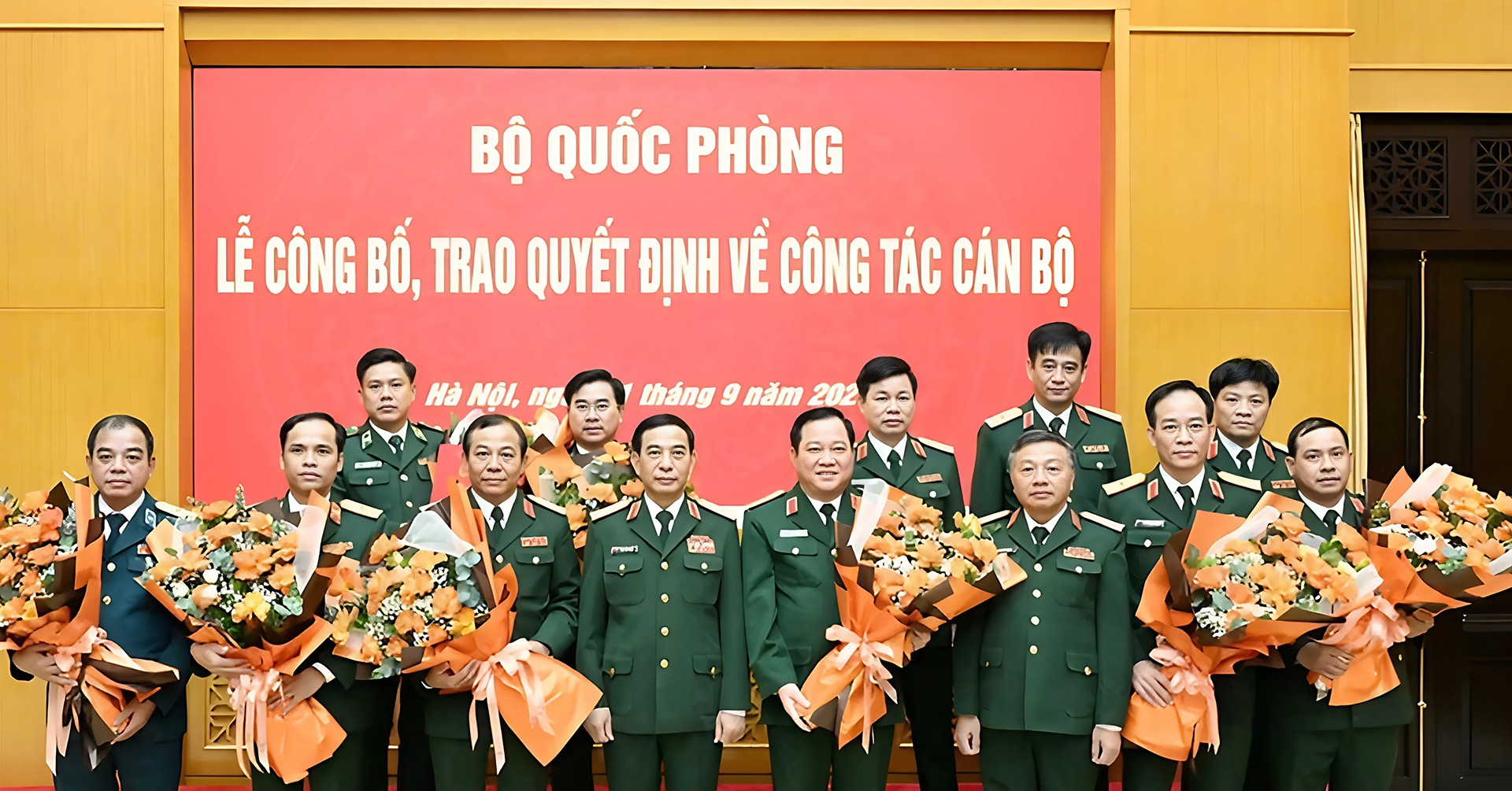
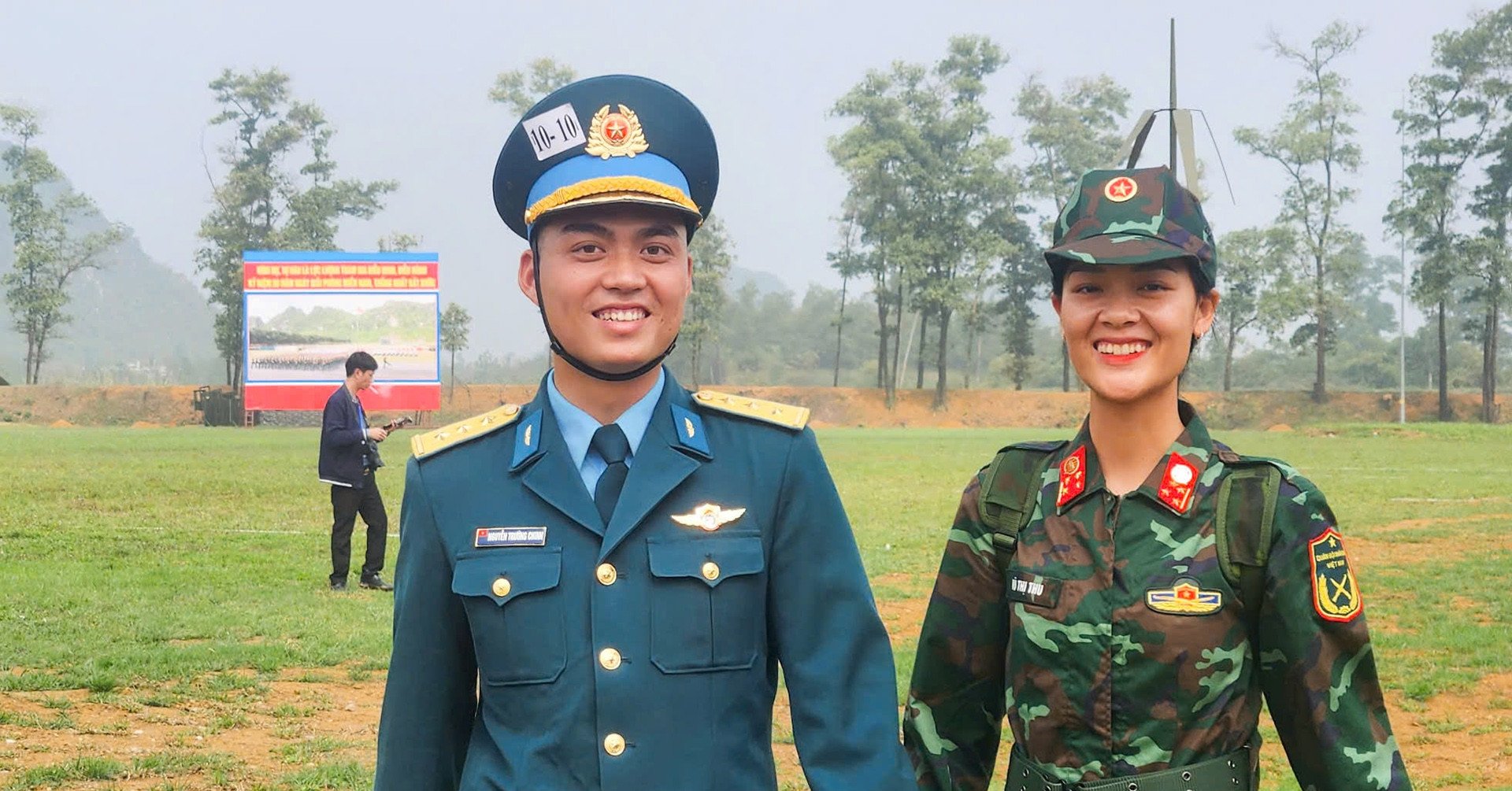
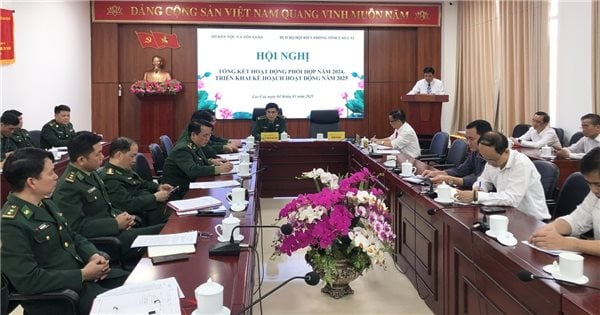

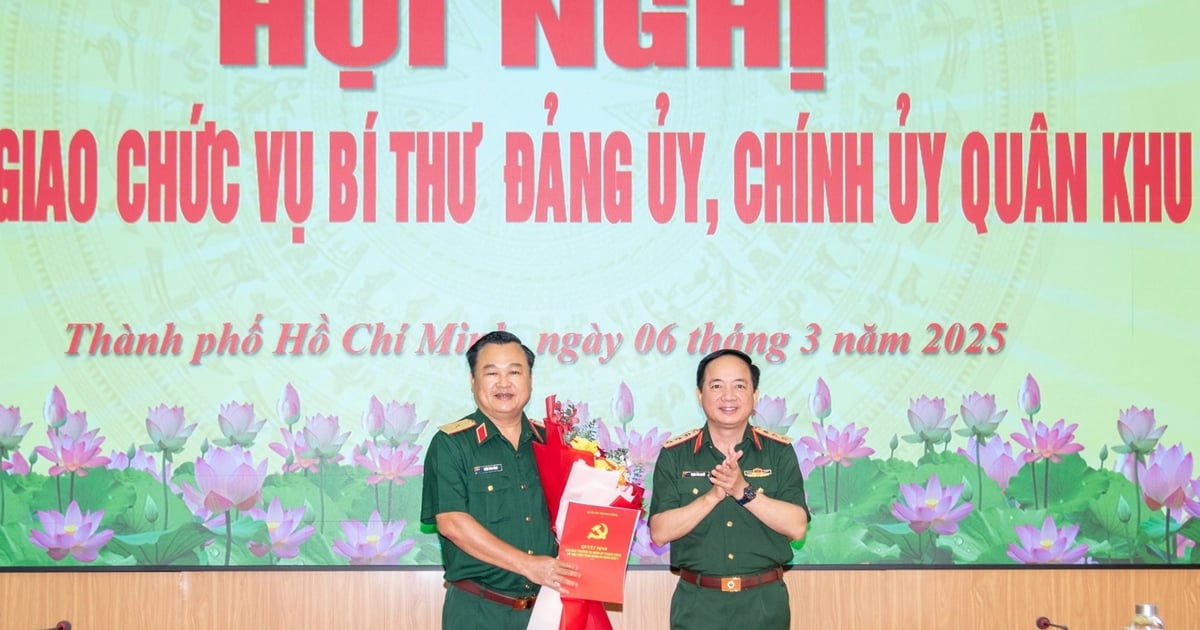

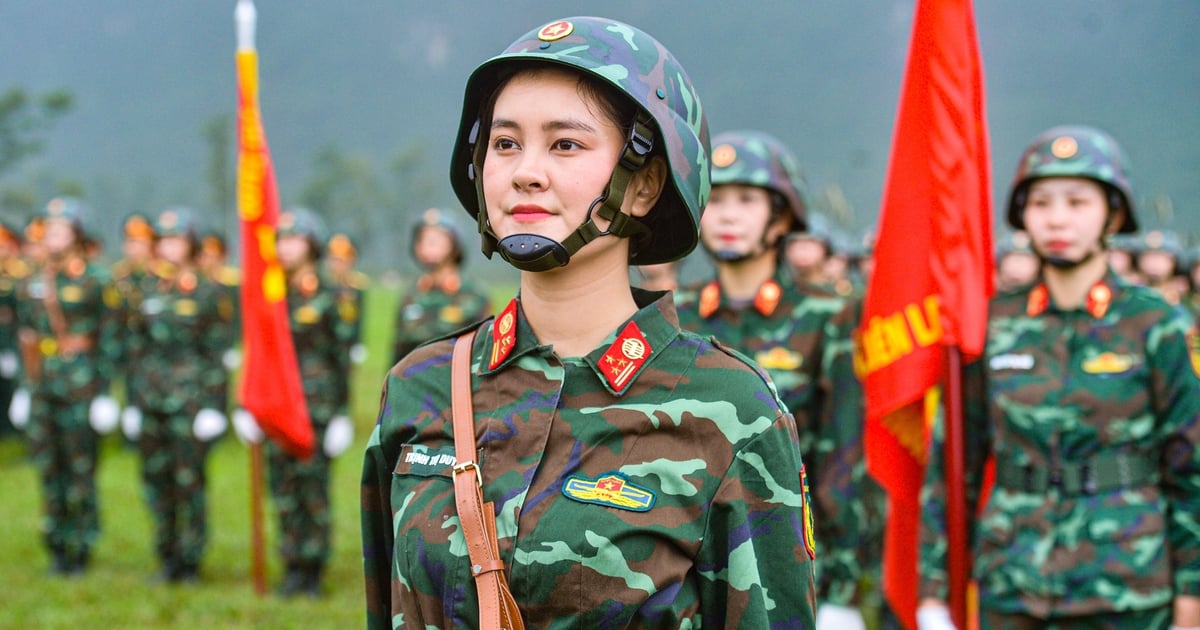
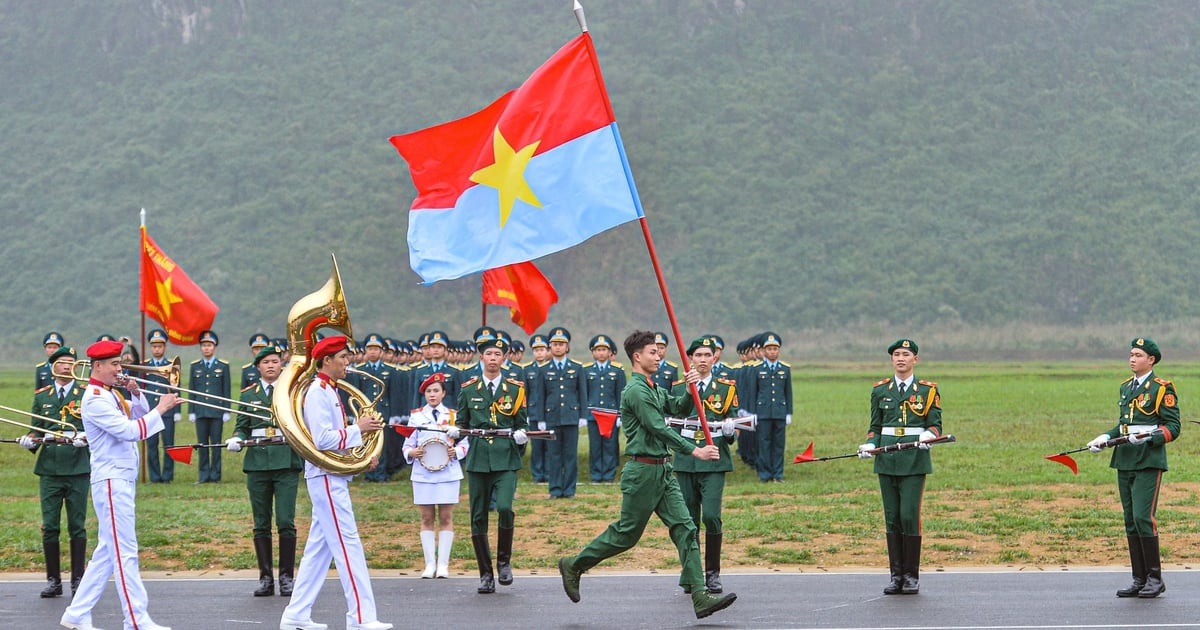

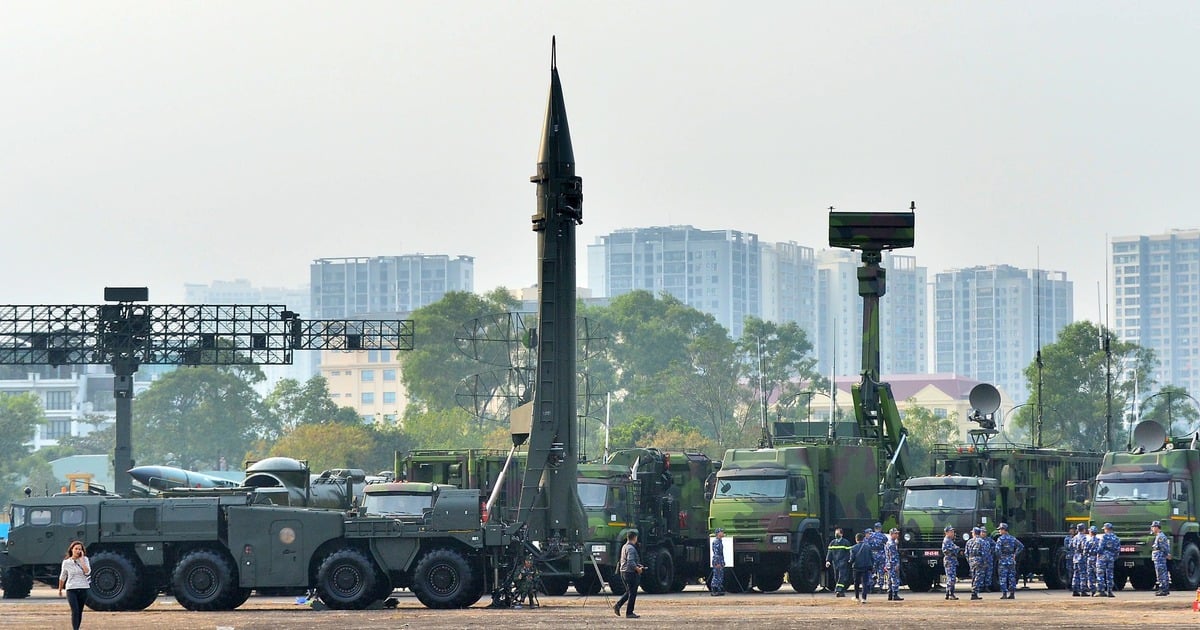
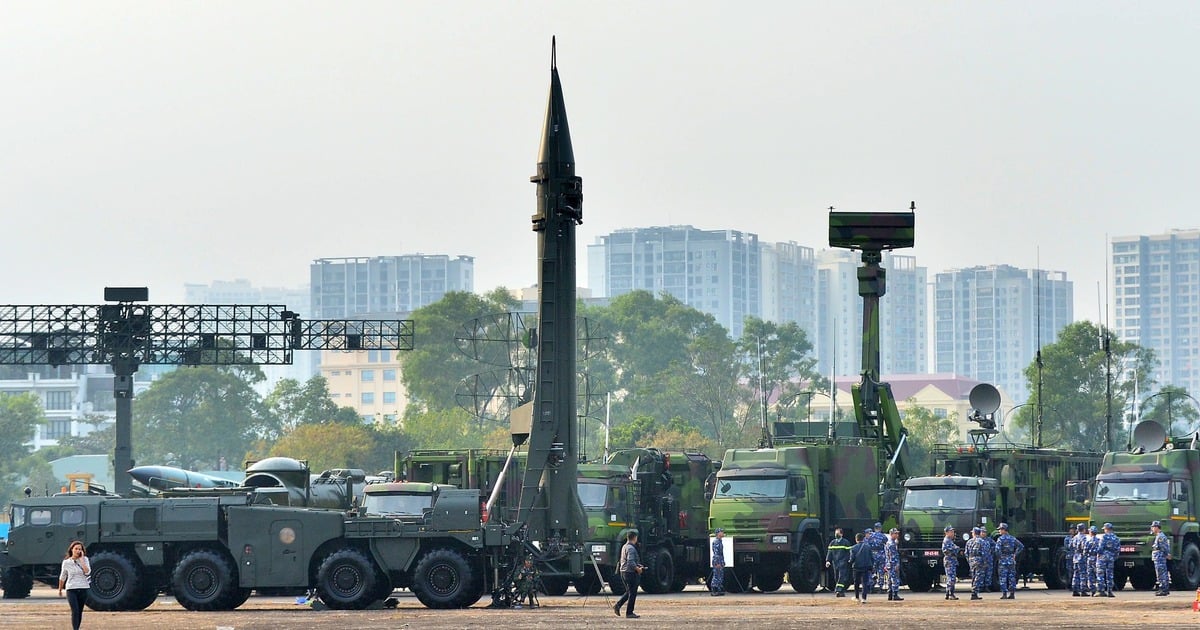
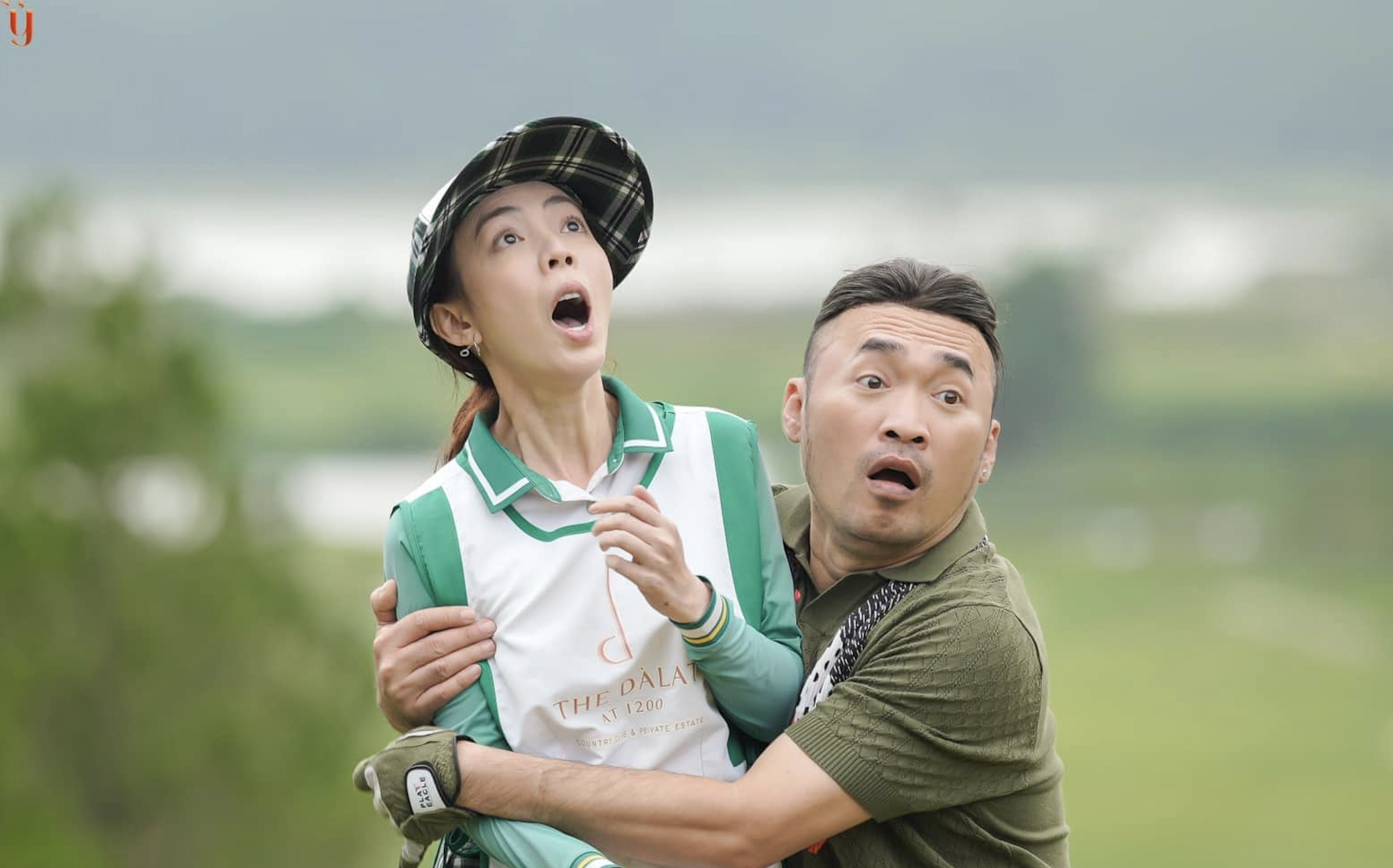


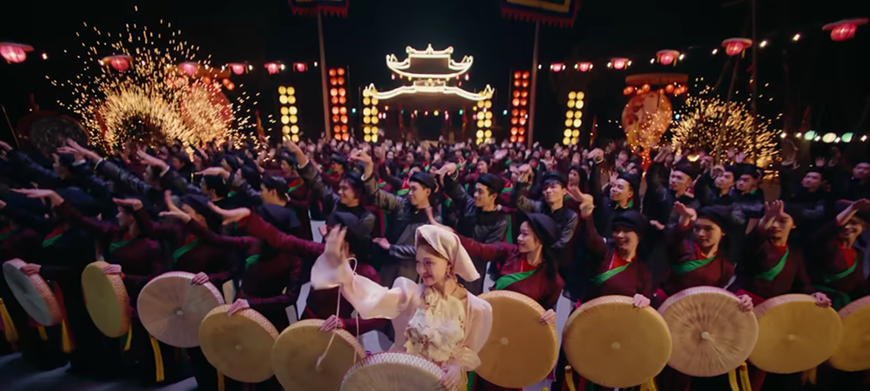


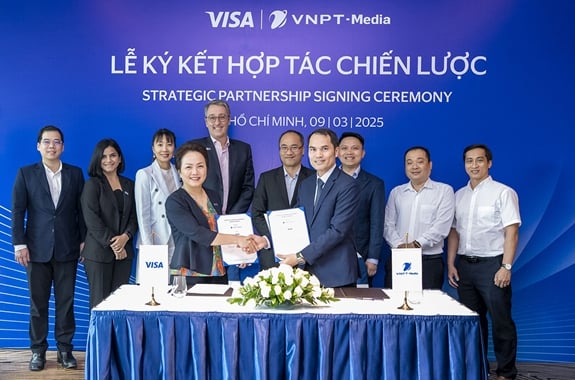
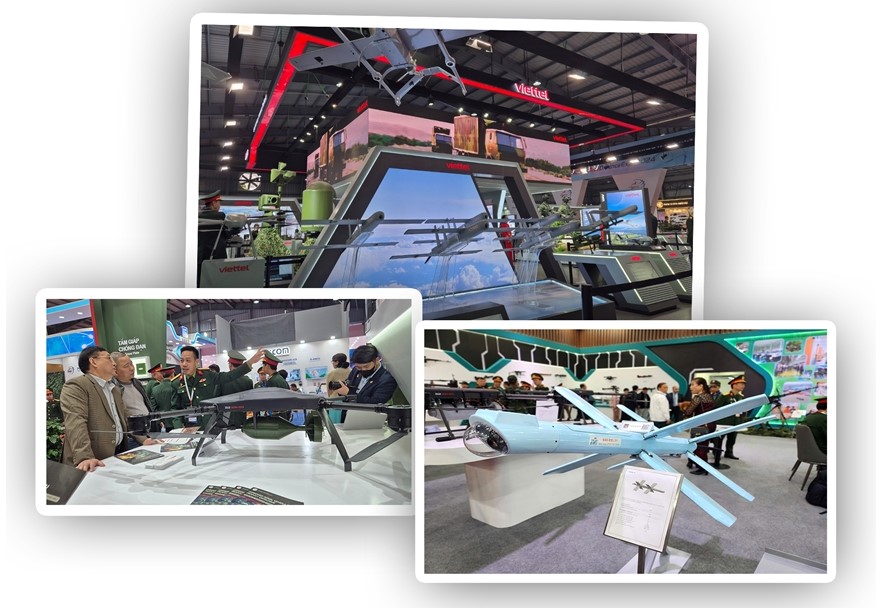




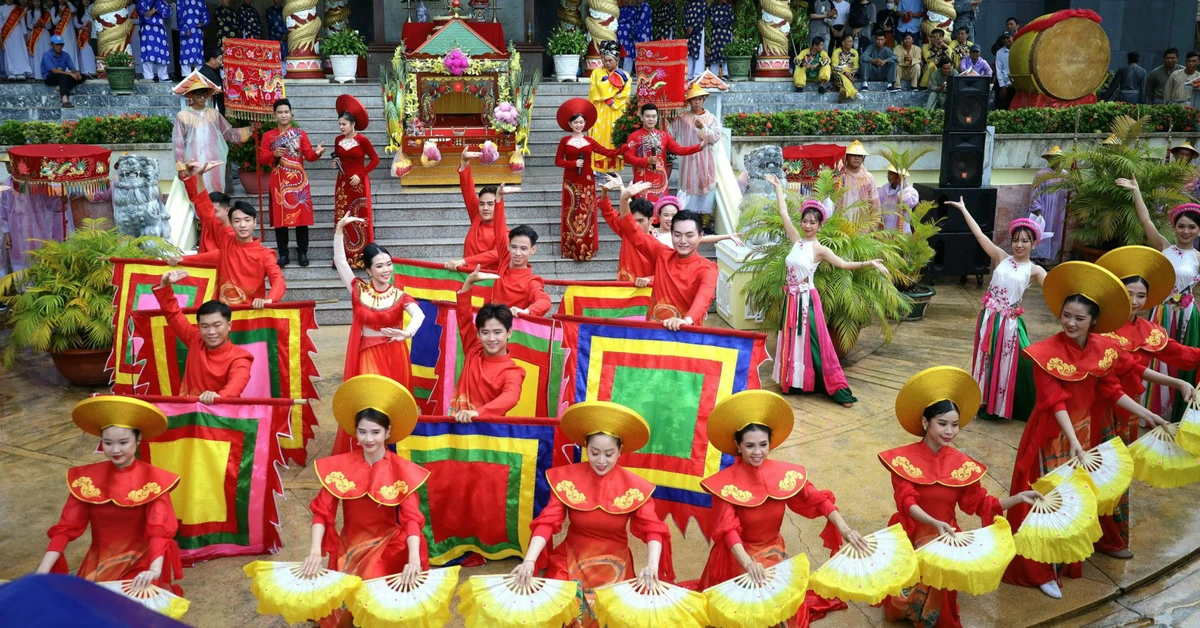

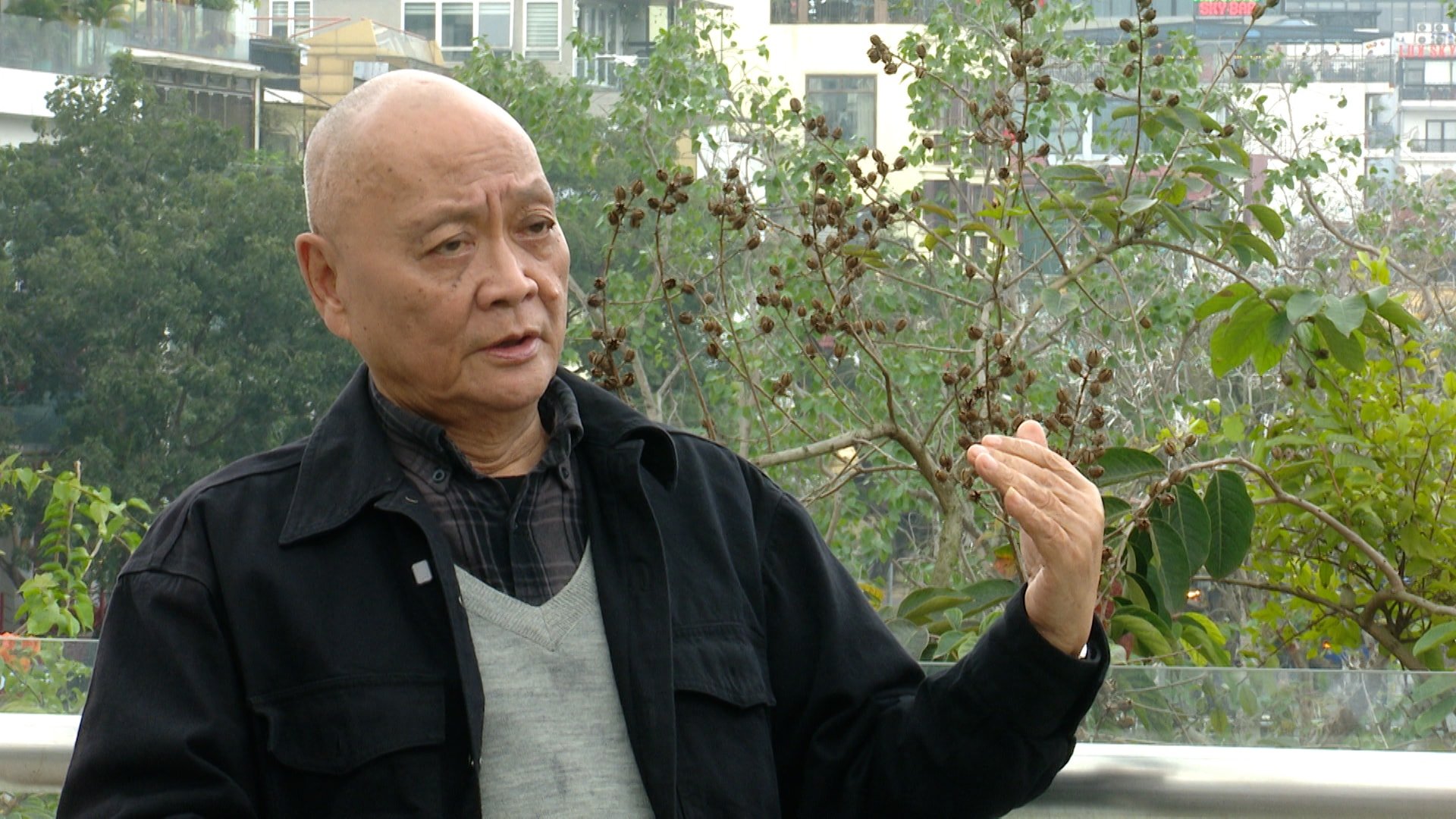

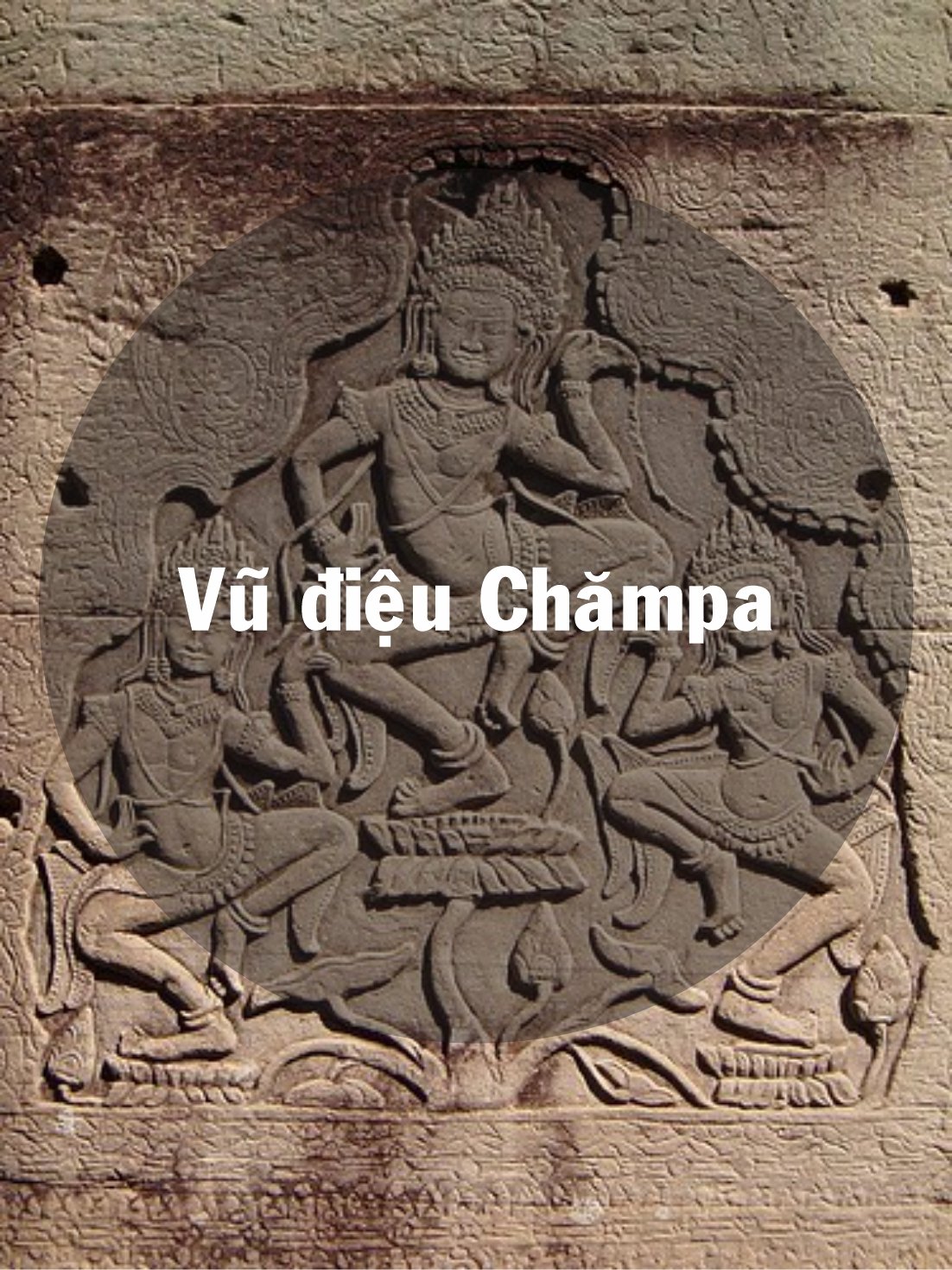



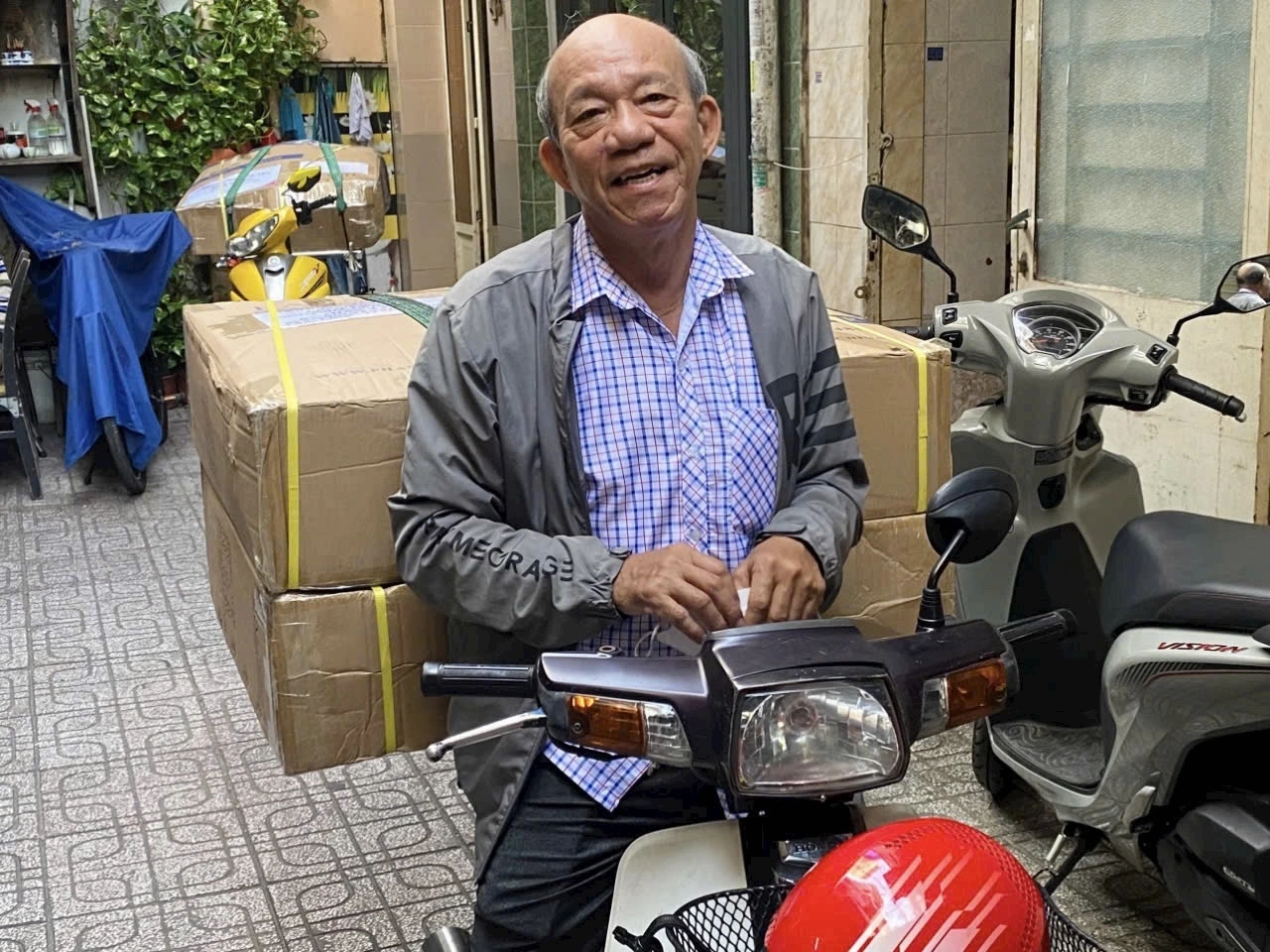


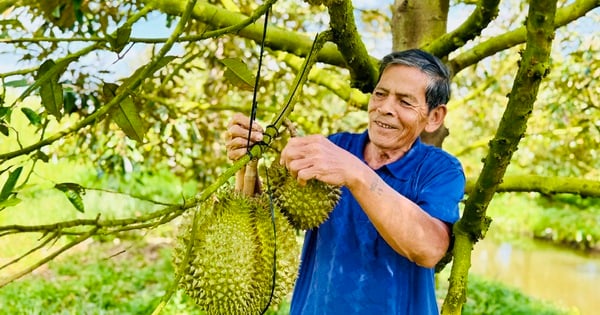

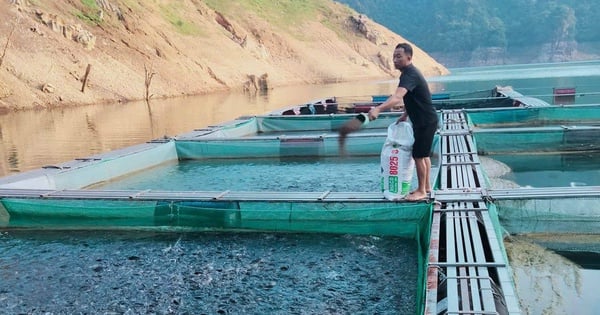
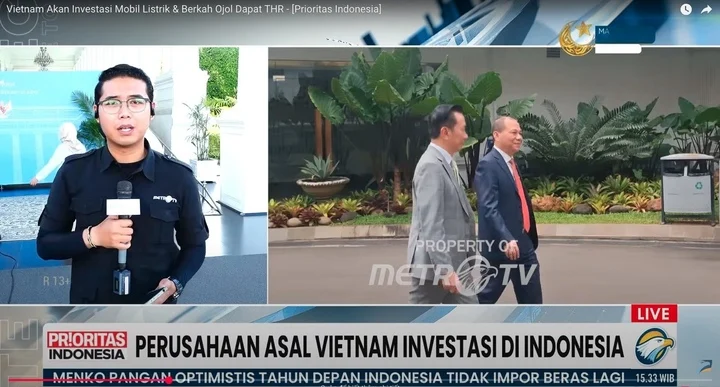

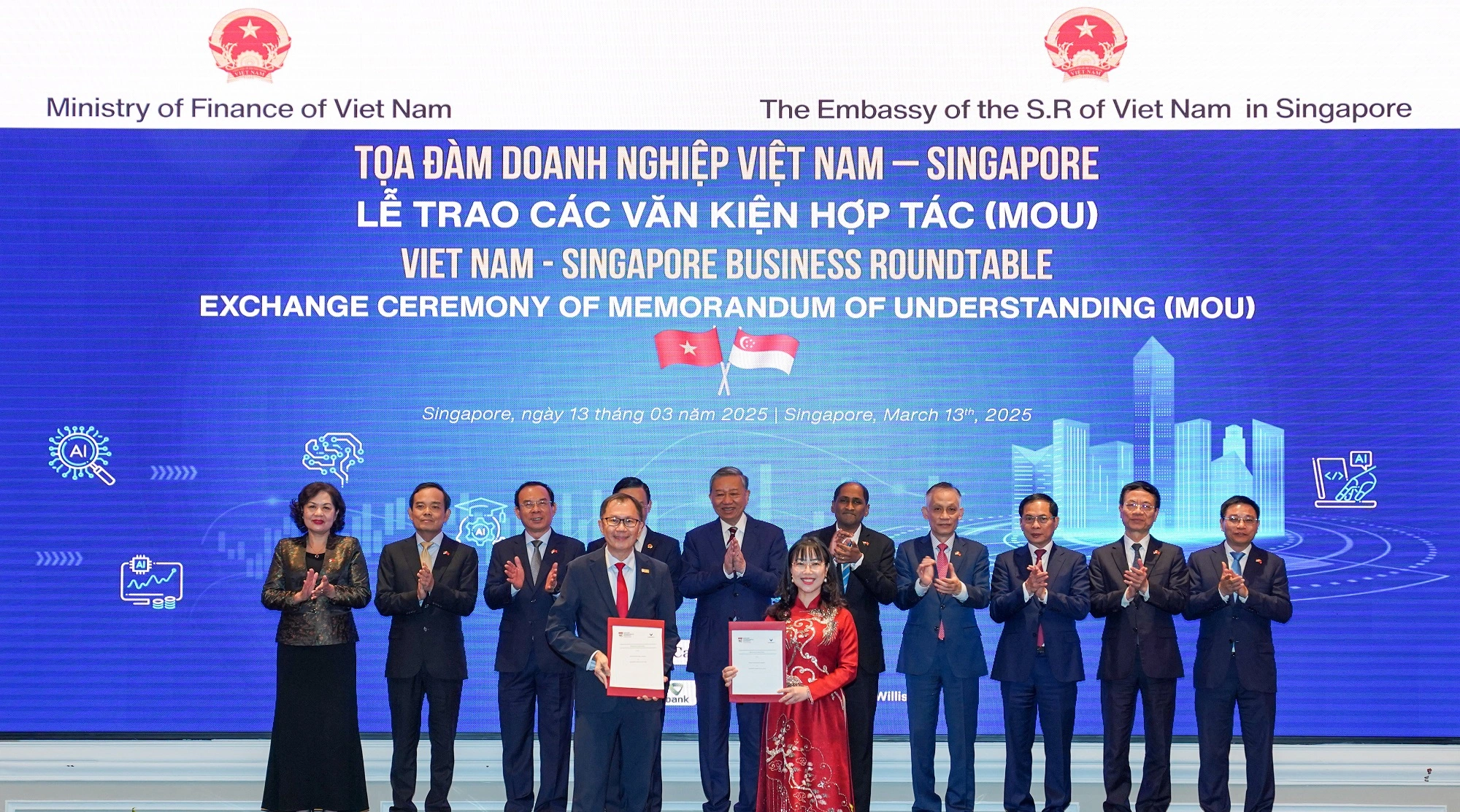
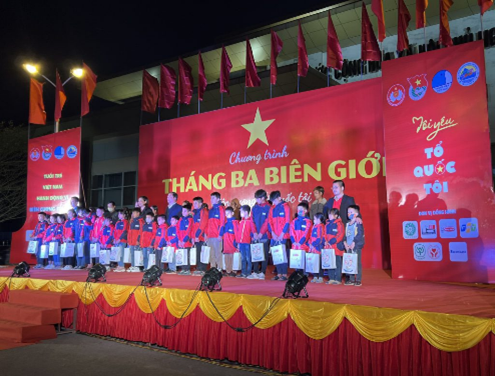

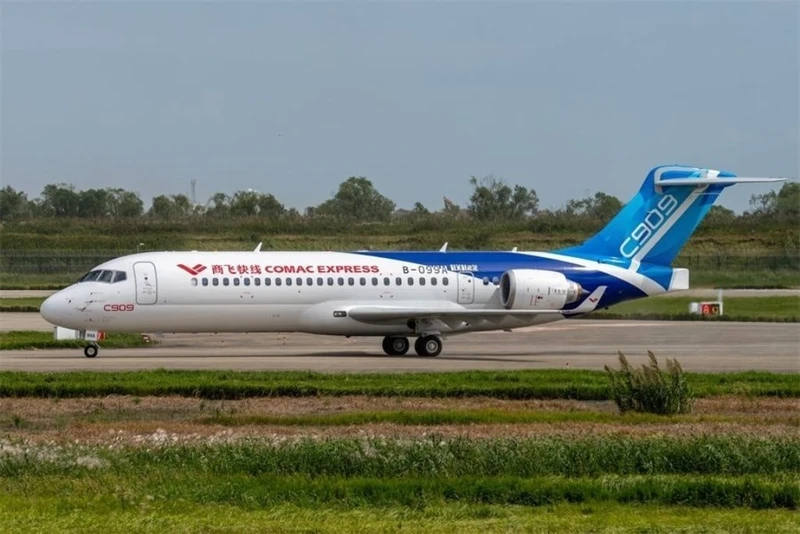



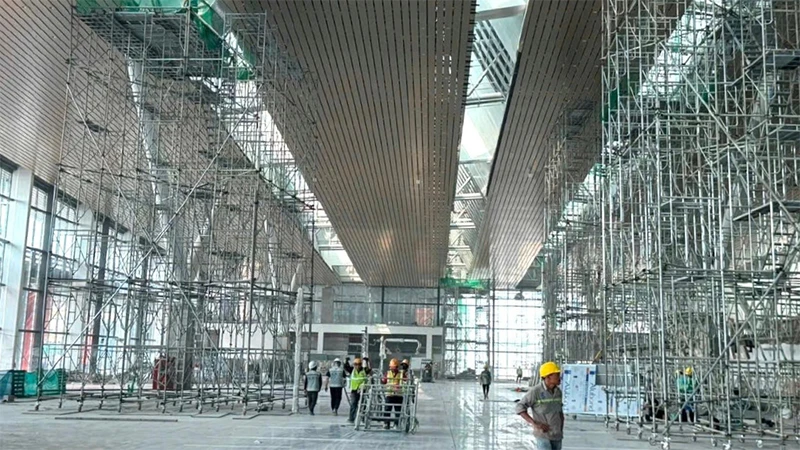





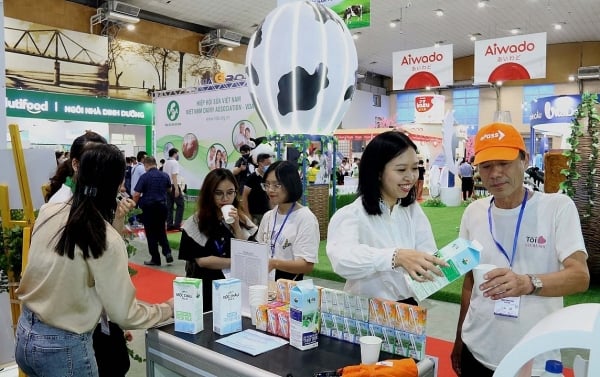

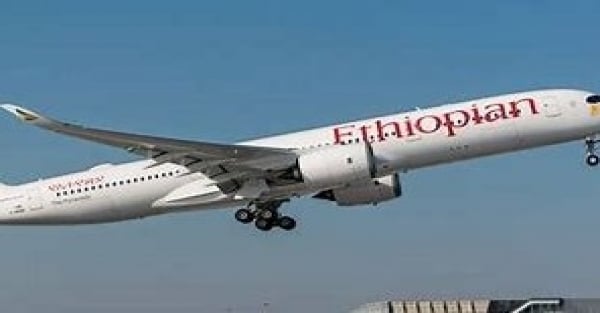

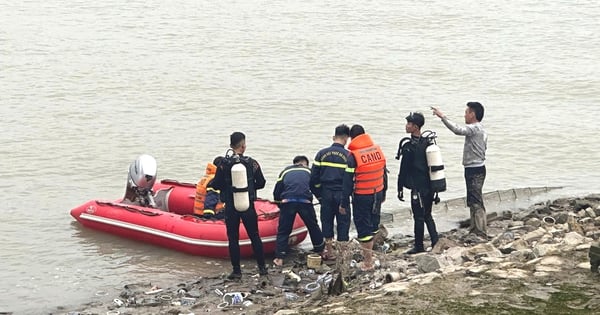

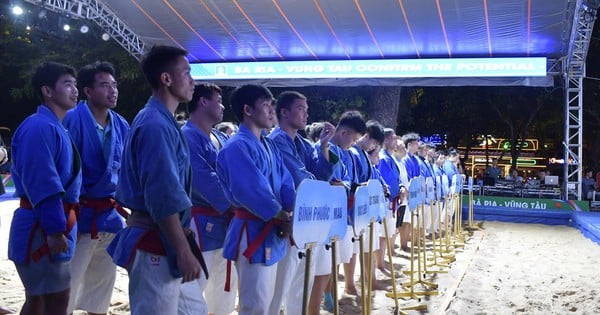

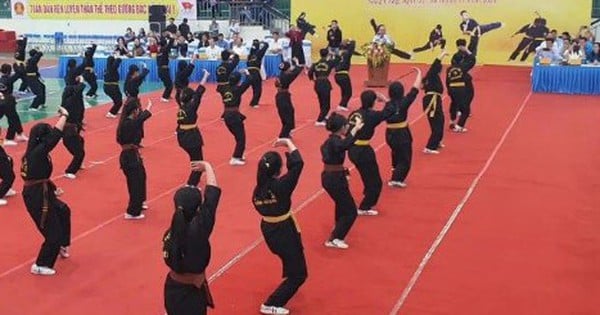
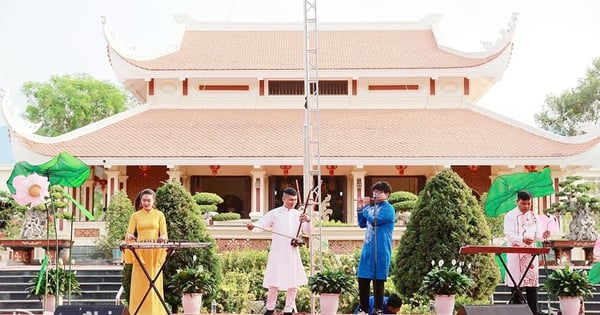

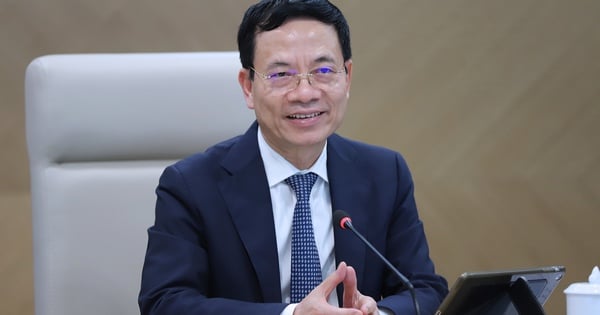







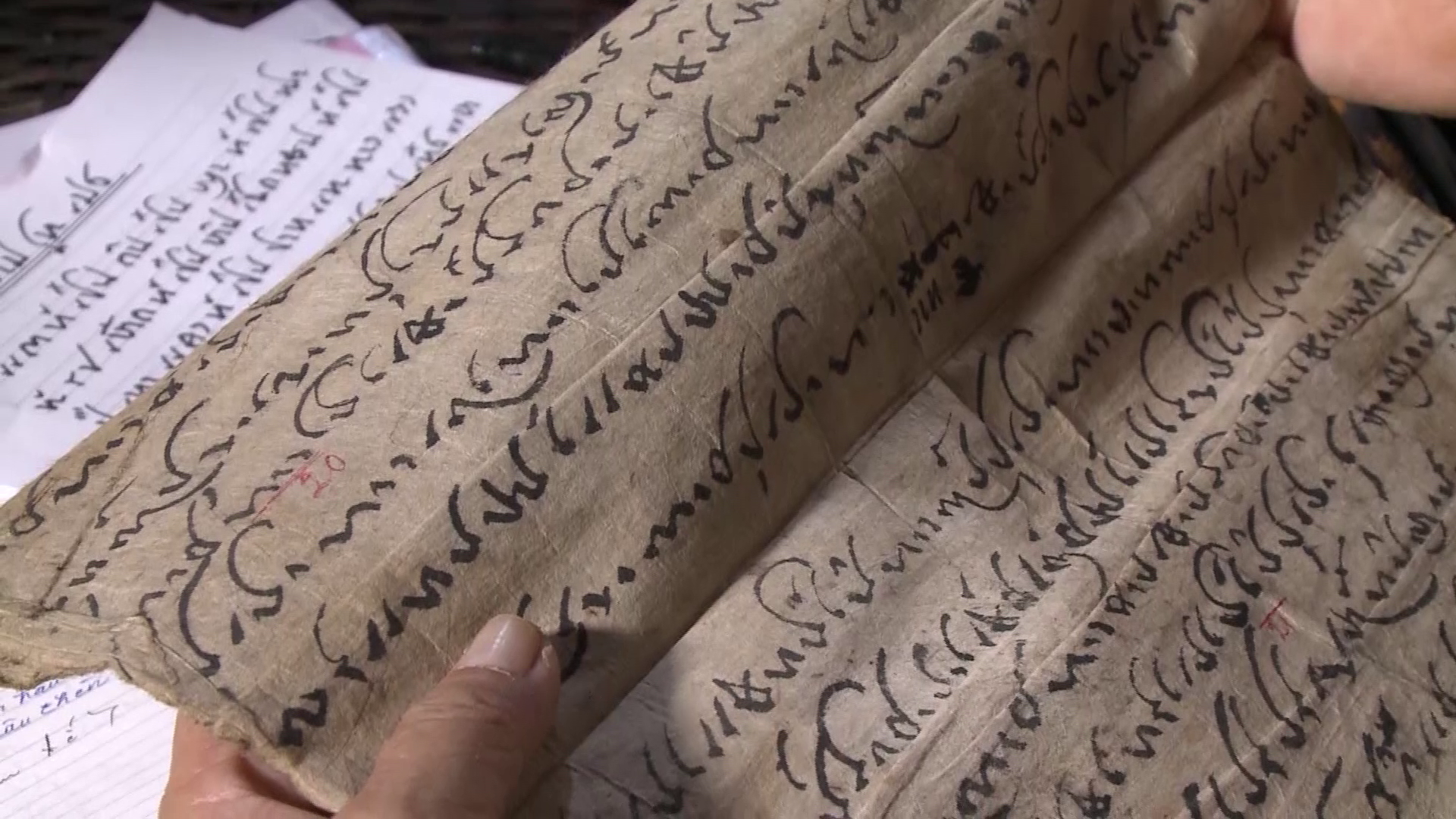
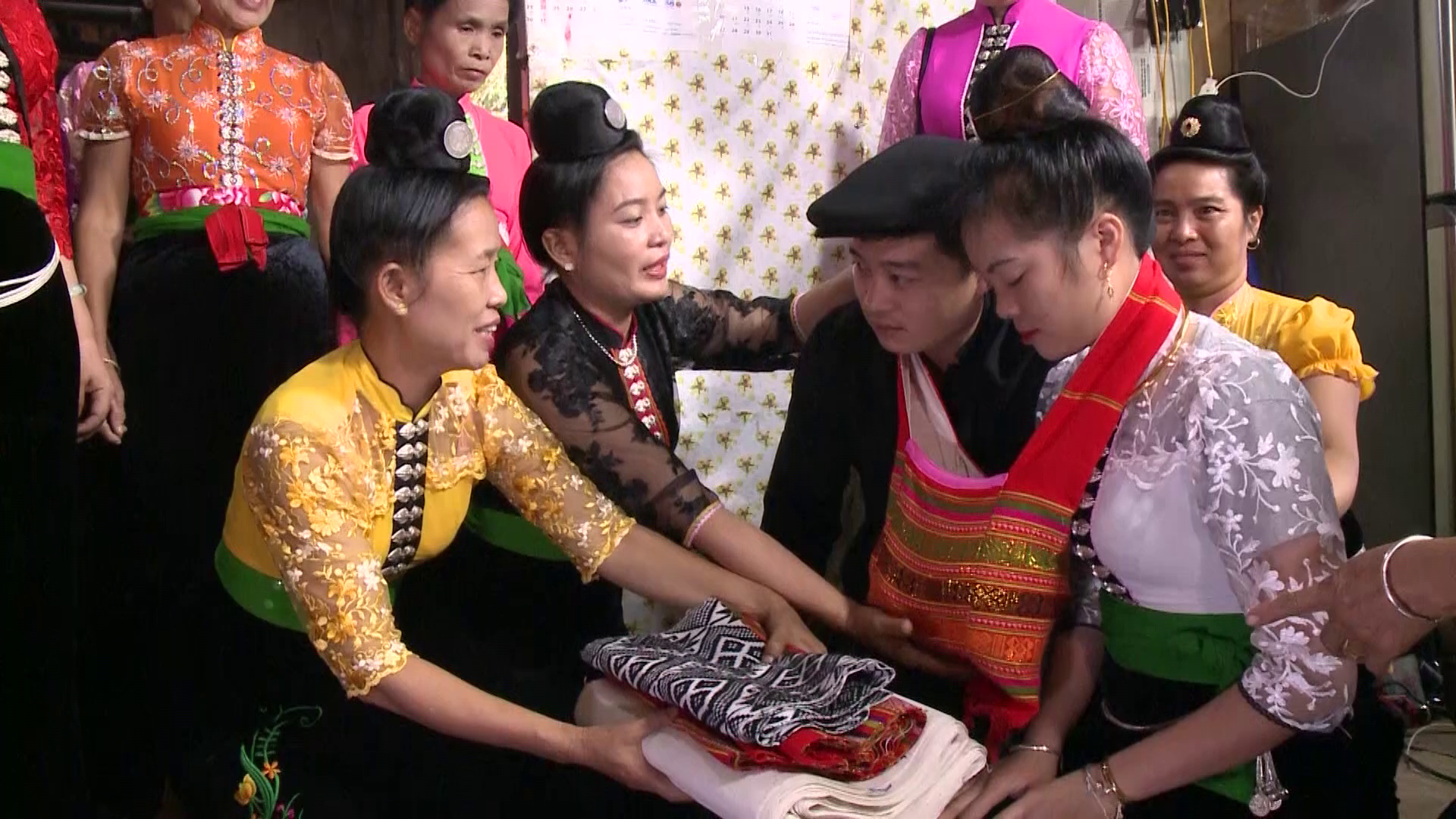
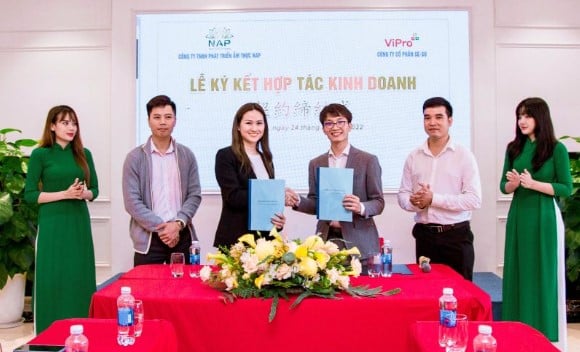

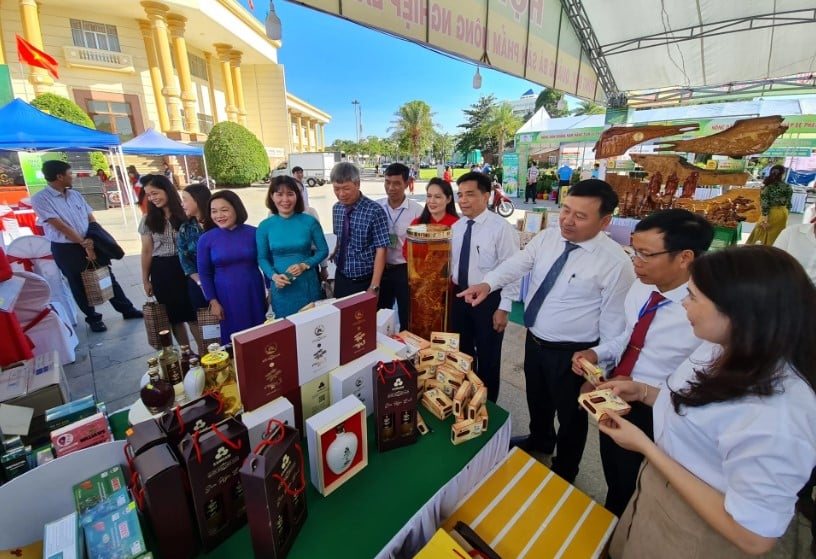

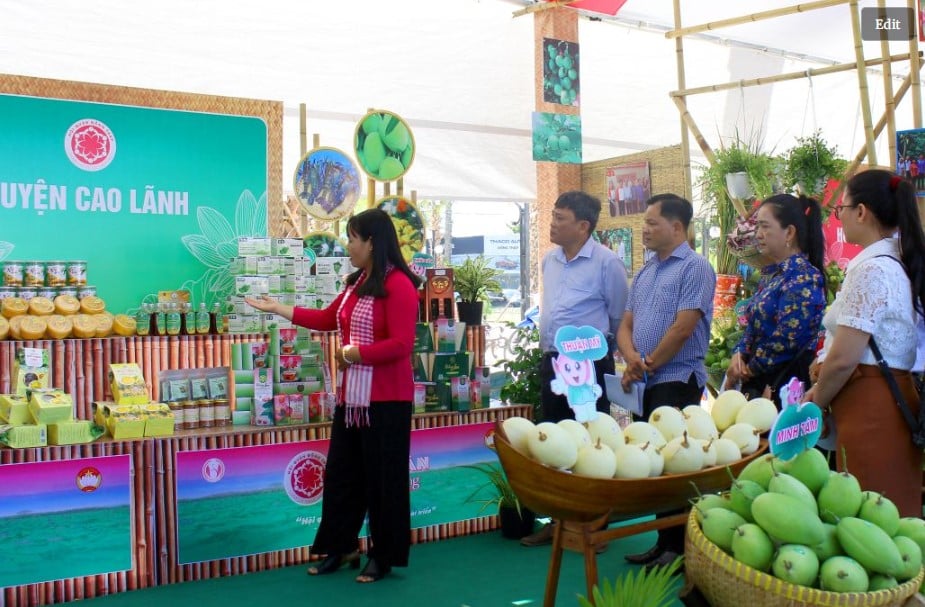

Comment (0)